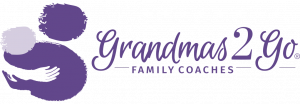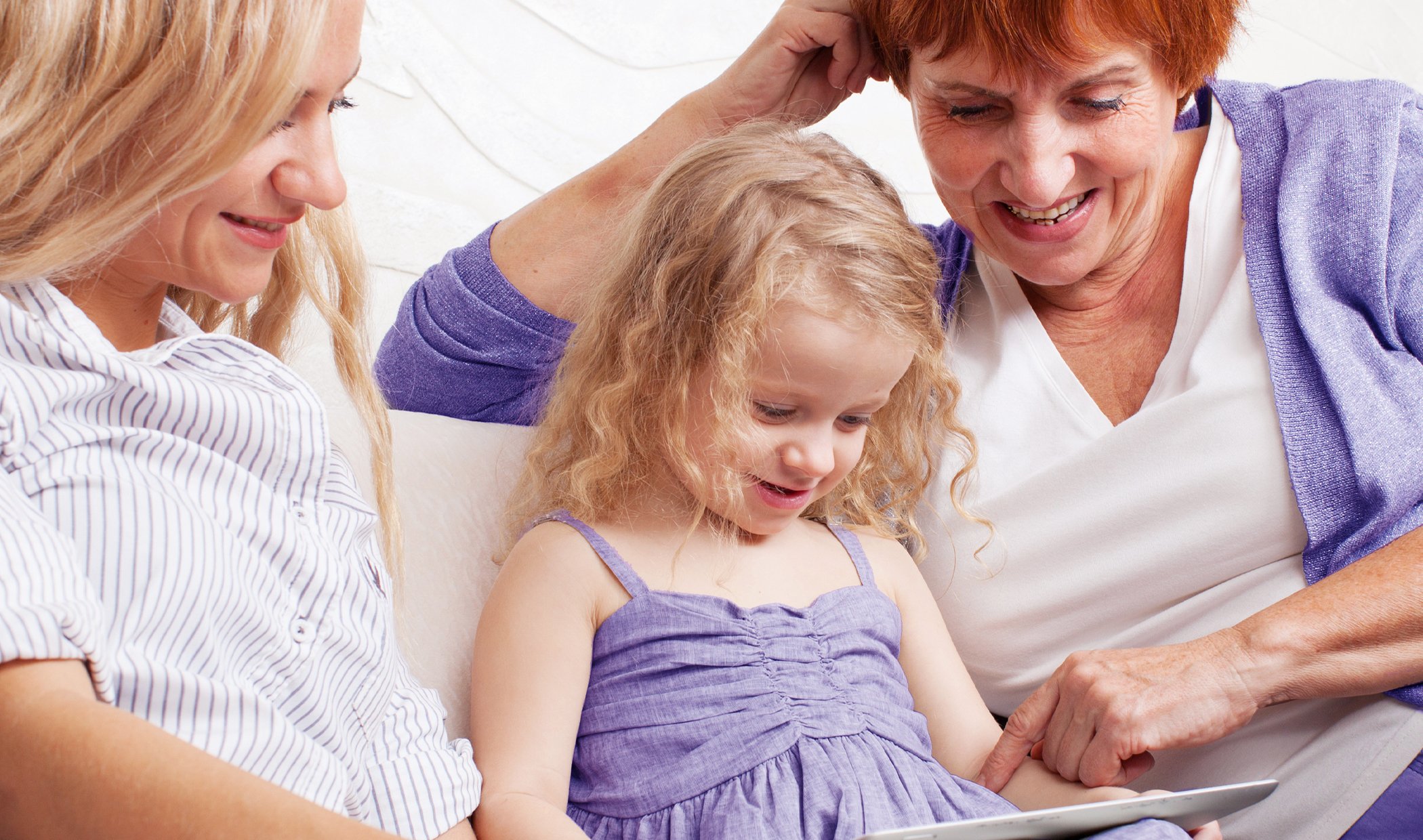
Every baby needs a grandma!
Every family needs a coach!

Every baby needs a grandma!
Every family needs a coach!

Grandmas2Go-Family Coaches is a unique approach to helping families with home-visiting services tailored to the changing needs of the family. Our plans for future growth include creating a Spanish language program, taking our program to other communities in Oregon and then creating Affiliate Partners across the country.
Here are some of the things our Grandmas2Go do for families:
Results from the Pew Home-Visiting Campaign concluded that visiting by a nurse or paraprofessional to a newly pregnant woman or new mother has positive benefits not only for the infant and family, but also for the entire community. When interventions happen early enough, children have a much better chance of thriving, especially those at risk for abuse and neglect.
Read the NPR interview with the economist Heckman re: home-visiting.
Improved outcomes from home-visits include:
Children who have positive early experiences are more likely to stay in school and be productive, get better jobs and higher wages and have stronger social attachments. For society, this means lower crime, teenage pregnancy and welfare dependency.
According to economic analyses done by Harvard University, “for every dollar invested in early childhood programs, a cost savings of $3.78 to $17.07 can be expected.”